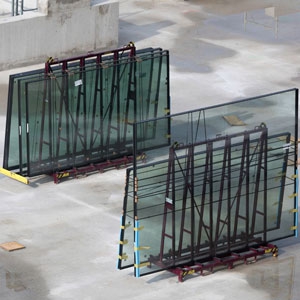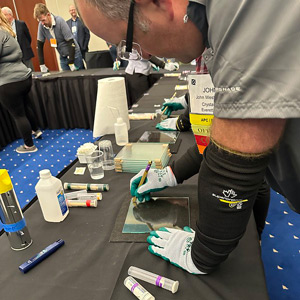The AAMA product certification program offers IG certification through its Gold Label administrator, Associated Labs, Inc. (ALI). There are immediate cost and scheduling savings for companies who currently participate in the AAMA air-water-structural certification program by performing simultaneous inspections for both the air-water-structural and IG programs.
Need guidance? View the ALI/AAMA IG Certification program checklist.
More Information
Contact Brad Schultz at ALI via email or phone (214) 565-0593.




